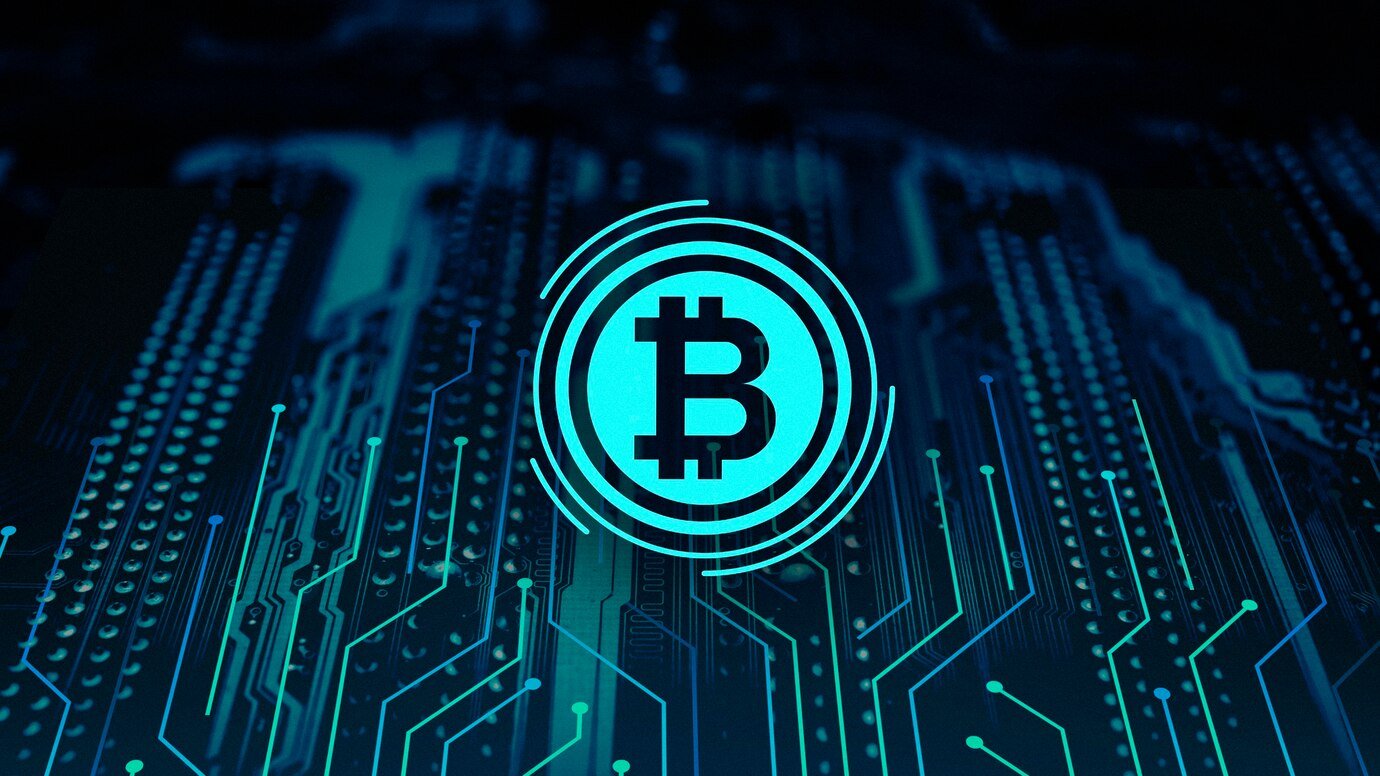Monday to Saturday - 8:00 -17:30

When most people think of blockchain, they immediately associate it with cryptocurrencies like Bitcoin and Ethereum. While blockchain technology is the backbone of digital currencies, its applications extend far beyond the world of finance. With its ability to provide transparency, security, and decentralization, blockchain is transforming industries across the globe.
In this blog, we’ll explore how blockchain is revolutionizing industries beyond finance and why its impact is set to reshape the future.
1. Supply Chain Management: Enhancing Transparency and Traceability
In today’s global economy, supply chains are complex, involving multiple intermediaries and stages from production to delivery. Blockchain is streamlining and improving the transparency of supply chains by creating an immutable digital ledger of every transaction or movement of goods. This provides a real-time, tamper-proof record that can be accessed by all parties involved.
For example, in the food industry, companies like Walmart and Nestlé are using blockchain to trace the origin of products, ensuring food safety and quality. If a contamination issue arises, blockchain allows for the quick identification of the source, minimizing risks and ensuring consumer trust. Blockchain also helps combat counterfeiting, especially in industries like pharmaceuticals, by allowing consumers to verify the authenticity of products.
In the automotive sector, companies like Ford are leveraging blockchain to ensure that materials, such as cobalt, used in electric vehicle batteries are sourced responsibly, addressing environmental and ethical concerns.
2. Healthcare: Securing Patient Data and Streamlining Processes
Blockchain technology is making waves in the healthcare industry by addressing some of its biggest challenges—data security, privacy, and interoperability. Medical records are often fragmented and stored in different systems, making it difficult for patients and healthcare providers to access a complete view of health history.
Blockchain can securely store and share patient information across different healthcare providers, giving patients control over their medical records. This means patients can grant access to their data only to authorized healthcare providers, ensuring privacy while maintaining transparency. This has enormous potential to reduce medical errors, streamline administrative processes, and improve patient outcomes.
Companies like Medicalchain are using blockchain to securely store health records, while projects like MediLedger are focused on using blockchain for pharmaceutical supply chains to prevent drug fraud.
3. Real Estate: Simplifying Property Transactions
Real estate transactions are often bogged down by intermediaries, paperwork, and lengthy processes. Blockchain technology is revolutionizing real estate by enabling smart contracts, which automate and expedite transactions. These contracts execute automatically when predefined conditions are met, eliminating the need for intermediaries like lawyers or brokers.
Blockchain is also improving property title management, where records are often outdated, duplicated, or susceptible to fraud. Through blockchain, property titles can be stored securely and updated in real-time, providing a transparent history of ownership. This reduces the risk of disputes and makes property transfers more efficient.
Countries like Sweden and Georgia have already implemented blockchain-based property registries to streamline real estate transactions and ensure trust in property records.
4. Voting: Ensuring Fairness and Security in Elections
The concept of blockchain-powered voting systems is gaining traction as a way to ensure more secure and transparent elections. Traditional voting methods are susceptible to fraud, manipulation, and errors. Blockchain offers a tamper-proof solution by providing a transparent, decentralized system that ensures each vote is counted accurately.
In a blockchain-based voting system, each vote is recorded as a transaction on the blockchain, where it is permanently and publicly stored. This makes it impossible to alter votes once they are cast, significantly reducing the risk of election tampering. Blockchain voting systems can also increase voter turnout by making voting more accessible, such as through mobile voting apps.
Countries like Estonia are at the forefront of this movement, using blockchain technology to secure their digital voting infrastructure. Several pilot programs in the U.S. have also explored blockchain-based voting as a secure alternative to traditional methods.
5. Intellectual Property: Protecting Creative Rights
For creators in industries such as music, film, and art, protecting intellectual property (IP) rights has always been a challenge. Piracy, unauthorized use, and difficulties in tracking ownership are persistent problems. Blockchain technology is providing a solution by enabling creators to register their work on a decentralized ledger, proving ownership and ensuring that they receive proper compensation for their creations.
Through blockchain, creators can create digital certificates of ownership and issue smart contracts to automatically distribute royalties or fees when their work is used. For instance, Mycelia, a blockchain project in the music industry, allows musicians to publish their work on a decentralized platform, track its usage, and receive payments directly through smart contracts.
This new model empowers creators to have full control over their work and eliminates intermediaries who traditionally take a large share of the revenue.
6. Education: Verifying Credentials and Diplomas
Blockchain technology is also making its mark in education by providing a way to securely store and verify academic credentials, certifications, and diplomas. Traditional methods of verifying academic credentials can be time-consuming and prone to fraud, with some individuals falsifying their qualifications.
Blockchain provides a solution by allowing institutions to issue verifiable digital certificates that can be accessed and validated by employers or other educational institutions. These credentials are securely stored on the blockchain and cannot be tampered with.
For example, MIT has implemented a blockchain-based system for issuing digital diplomas, making it easier for graduates to share their credentials with potential employers.
7. Energy Sector: Decentralizing Energy Markets
Blockchain is playing a key role in the energy sector, especially in promoting decentralized energy markets. Traditionally, energy distribution is controlled by large utility companies. However, with blockchain, peer-to-peer (P2P) energy trading becomes possible, allowing individuals to buy and sell excess energy directly to each other.
For example, homeowners with solar panels can sell their excess electricity to their neighbors through a blockchain-based platform, cutting out the need for intermediaries and lowering costs. Blockchain ensures that transactions are transparent and accurately recorded, while smart contracts handle payments automatically.
Projects like Power Ledger in Australia are leveraging blockchain to create decentralized energy trading platforms that empower consumers to take control of their energy use and distribution.
8. Government: Reducing Corruption and Bureaucracy
Blockchain has the potential to revolutionize government operations by reducing corruption, increasing transparency, and streamlining bureaucratic processes. Governments around the world are exploring blockchain for use cases such as public records management, tax collection, and welfare distribution.
By moving processes like land registries, tax filings, and social welfare disbursements onto the blockchain, governments can reduce fraud and inefficiencies while providing real-time tracking of transactions. This creates an auditable trail that increases transparency and accountability.
The Dubai Government has taken a bold step in this direction, aiming to become the world’s first blockchain-powered government by 2030. The initiative seeks to enhance public services by reducing paperwork, preventing fraud, and improving data security.
Conclusion
Blockchain technology is far more than the backbone of cryptocurrencies—it is a disruptive force transforming industries worldwide. By offering transparency, security, and efficiency, blockchain is reshaping sectors as diverse as supply chain management, healthcare, real estate, and government. As more industries explore the potential of blockchain, its impact will continue to grow, leading to new innovations and more efficient systems.
The future of blockchain is not limited to financial transactions; it’s poised to revolutionize how businesses and governments operate, paving the way for a more transparent and decentralized world.

 Bitcoin
Bitcoin  Tether
Tether  USDC
USDC  Solana
Solana